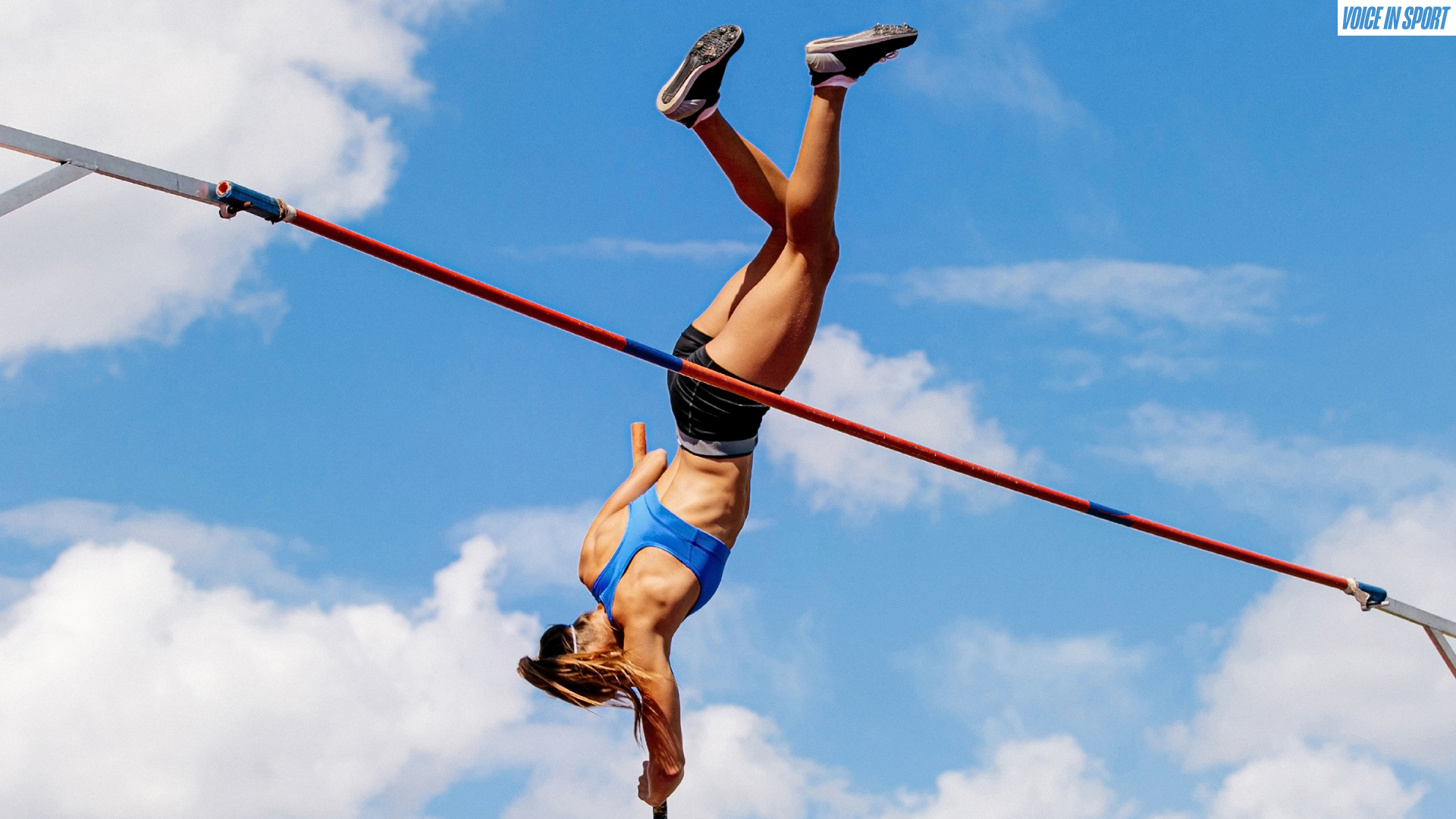As athletes, being at the top of our game takes dedication and resilience. But what happens when that dedication goes too far, becoming an unhealthy sense of perfectionism? According to VIS Expert Cynthia Clarke, a shift in how we talk to ourselves about striving for perfection can make all the difference in improving performance without sacrificing mental health.
What is Perfection?
The word “perfect” is defined as an ideal standard of being without defect or fault. Spoiler alert: this is unattainable. But as athletes, we often chase it to see how close to it we can get.
This is not inherently bad. Perfectionism becomes problematic when the drive to be the best becomes fear-based, according to Clarke. Anxiety is rooted in fear and when taken too far, we can become compulsive and rigid in our training and life.
Sometimes, we end up losing the love we have for our sport because it feels as though we must be perfect to obtain self pleasure, gratification, and praise from others. The fear of losing these things drives us instead of the love for our sport. Not only that but, “our bodies will physiologically respond to fear in a way that prevents us from doing our best in our sport,” Clarke says.
This can lead to burnout, something many of us experience, which can result in lack of motivation and passion to train and compete in our sport. Then there’s heightened anxiety, even obsessions and compulsions. While there is a spectrum, we have to check in with ourselves and determine that line, when the drive to do our best ends up hurting us. “Some signs to look for include noticing when life seems more out of balance and when our sport seems more of a chore than a pleasure,” Clarke says.
What is Excellence?
As athletes, we want to be the best. That’s what separates the good from the great athletes. Excellence leaves us more open to hearing critiques that will help us improve whereas perfectionists tend to be more closed off to hearing what they could have done better. Excellence encourages us to do our best while knowing that we will make mistakes and that's okay. Actually, Clarke says, “allowing yourself to make mistakes is part of the process.”
“Excellence is about striving from our own motivation rather than from others.”
What is the Difference between Perfection and Excellence?
Think of excellence as the gentler little sister to perfectionism—where perfectionism is demanding, excellence is driving. Excellence does not demand perfection. Instead, it reminds us to continue to do the best we can.
“Excellence is about being driven and disciplined without becoming compulsive and obsessive,” Clarke says. She reminds us that our best will look different every day. Excellence is not leaving room for excuses but rather is leaving space for grace. Grace we can give ourselves to breed greater self-compassion and confidence.
Perfection Can be Your Biggest Asset or Biggest Barrier to Success
Perfection can be both an asset and a barrier to success. Some athletes can thrive off of a perfectionist mindset without it becoming all-consuming. But for most of us, perfectionism means putting unrealistic demands on ourselves which can result in self-sabotaging. When we think we aren’t “perfect” this negatively impacts our self-esteem. If our value is determined by being perfect, we put ourselves in a sticky situation because perfectionism is impossible to achieve. “Excellence is about striving from our own motivation rather than [motivation] from others,” Clarke says.
Ideally, the goal is finding balance—a realistic drive to do well while still giving ourselves grace.
What Can I Do to Help Shift my Mindset from Perfectionism to Excellence?
Clarke shares three tips to help us shift our mindset from one of perfection to one of excellence.
Celebrate even the smallest successes; they all matter
Allow yourself to make mistakes and give yourself grace when you do.
Reach out to a professional. Therapy allows us to learn tools we can incorporate into our lives to reduce fear and restore love for our sport.
We aren’t just athletes: we’re also human. So it’s time to shift our focus from trying to be perfect to striving for excellence.







